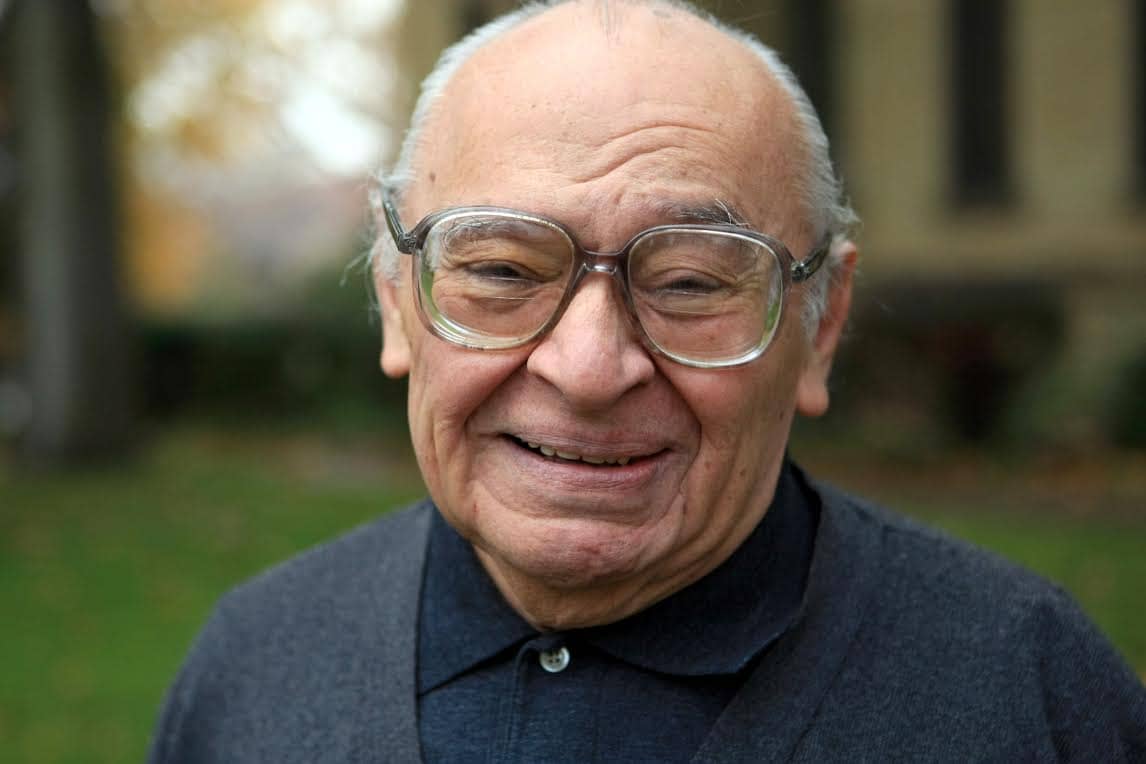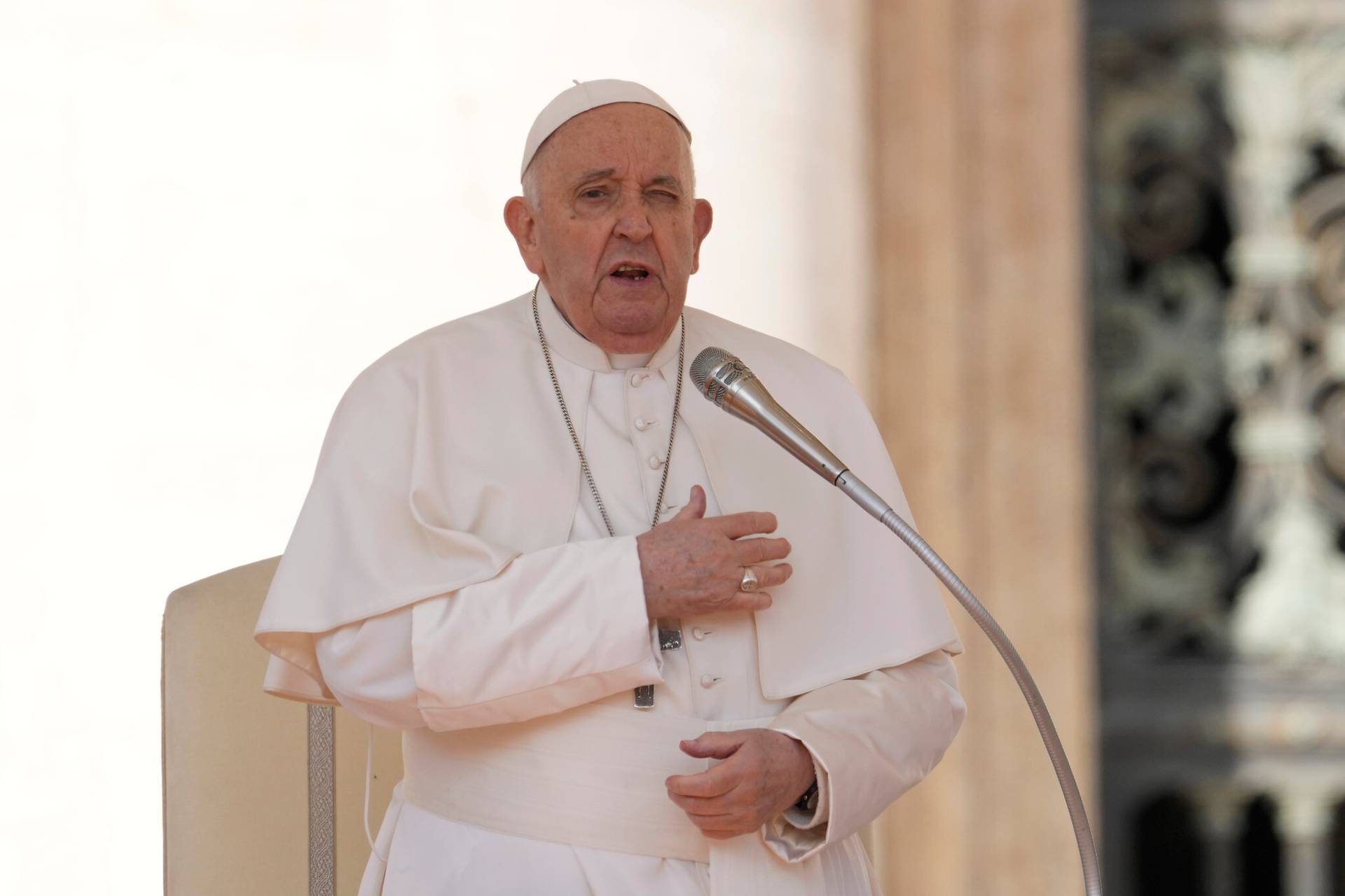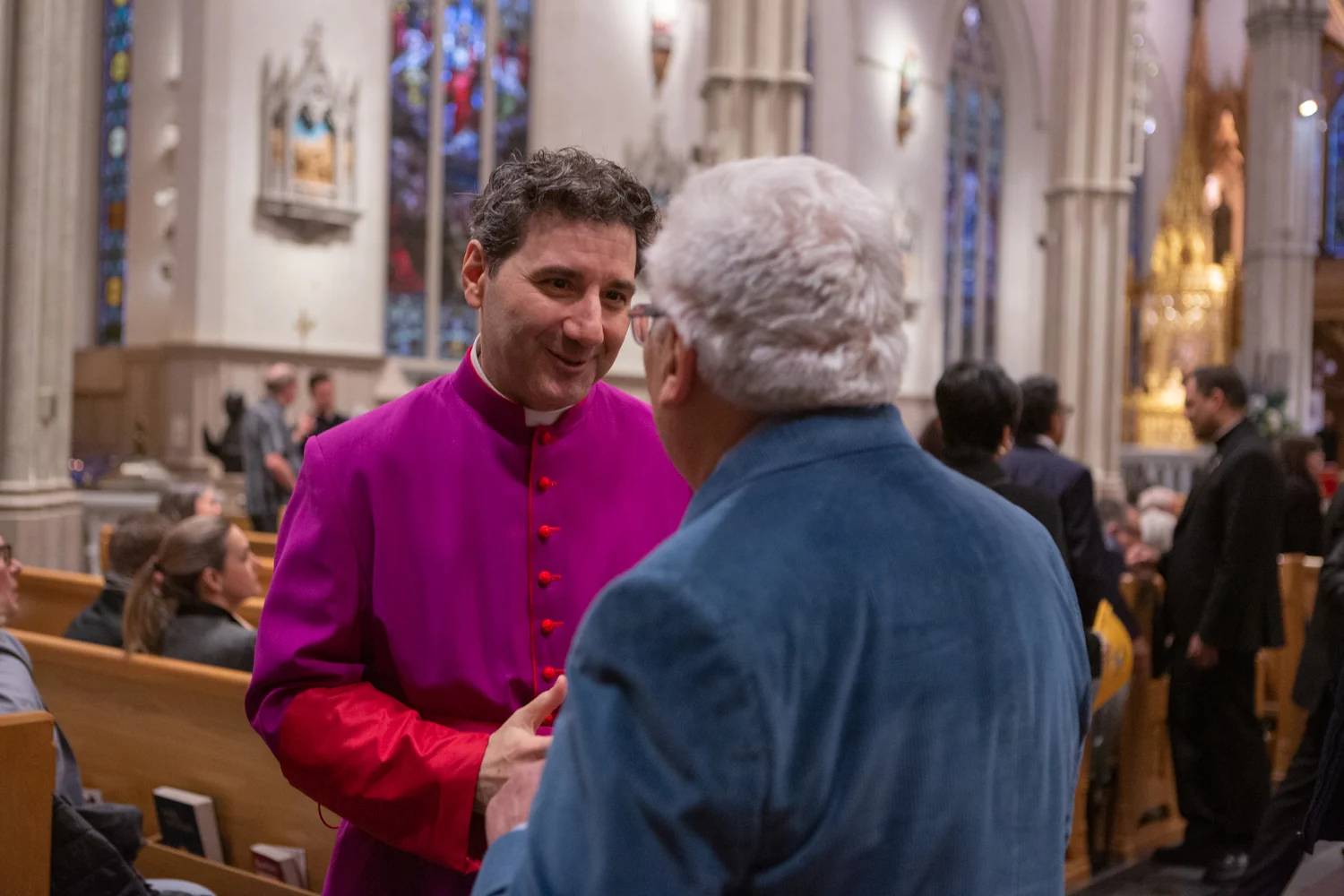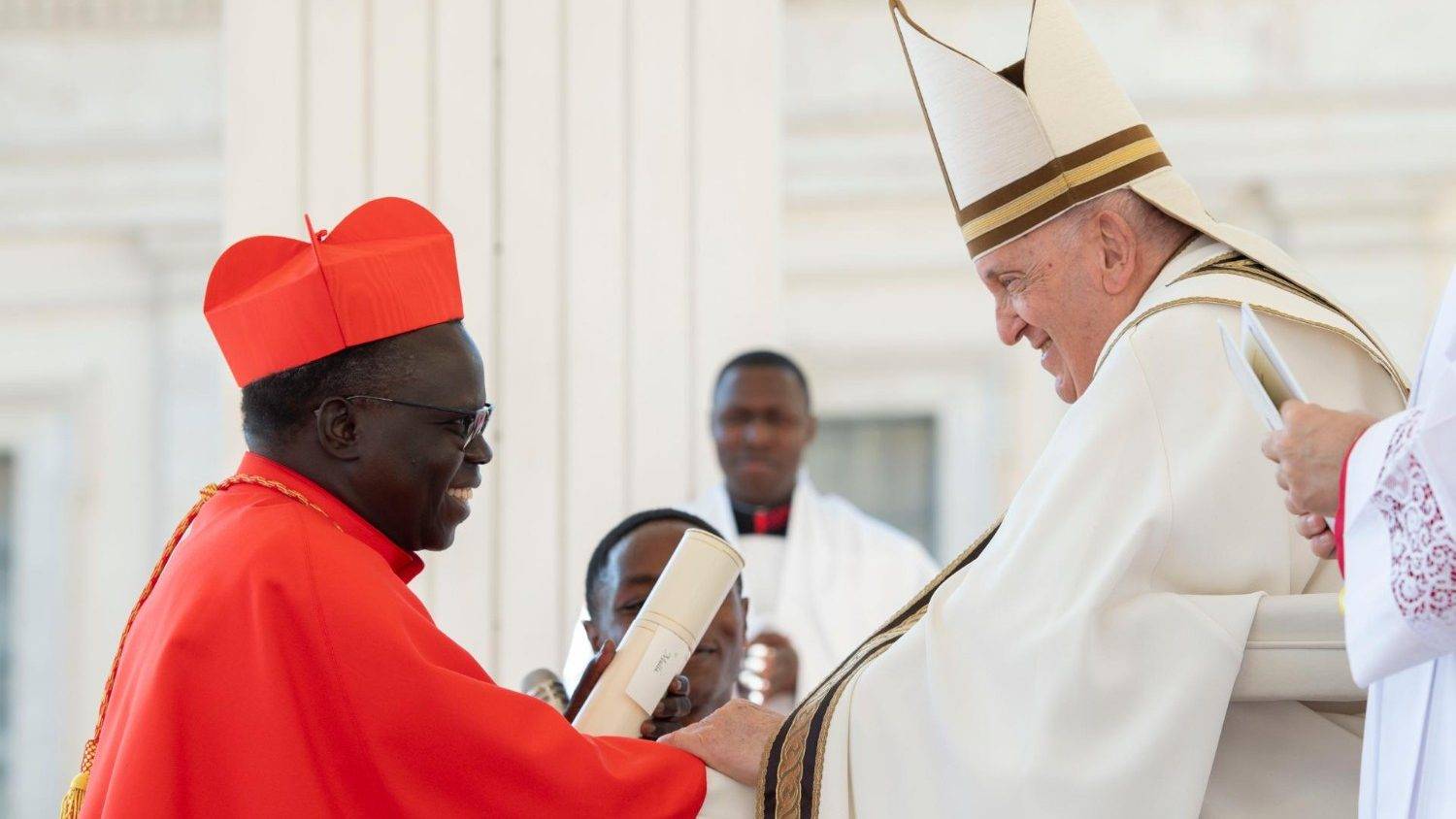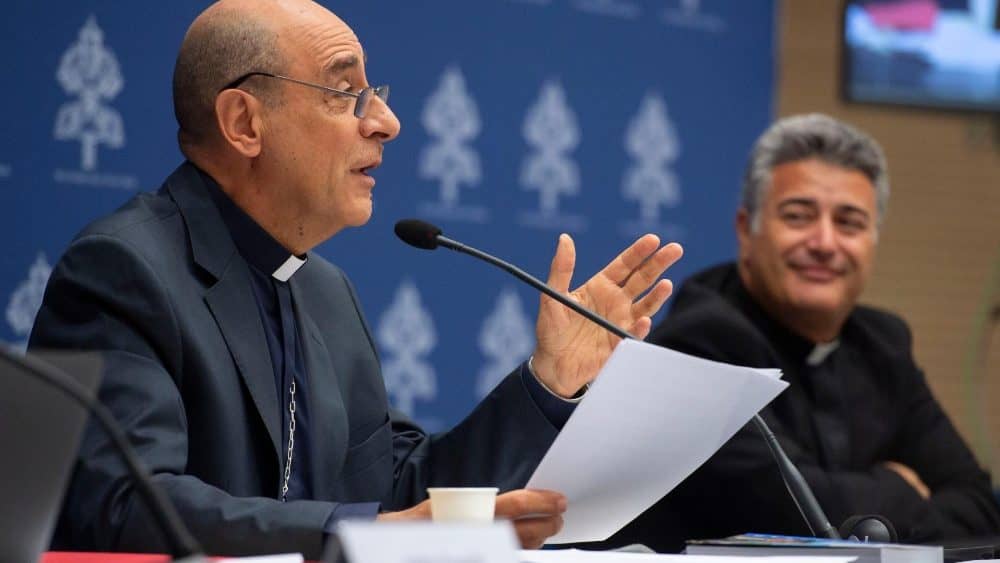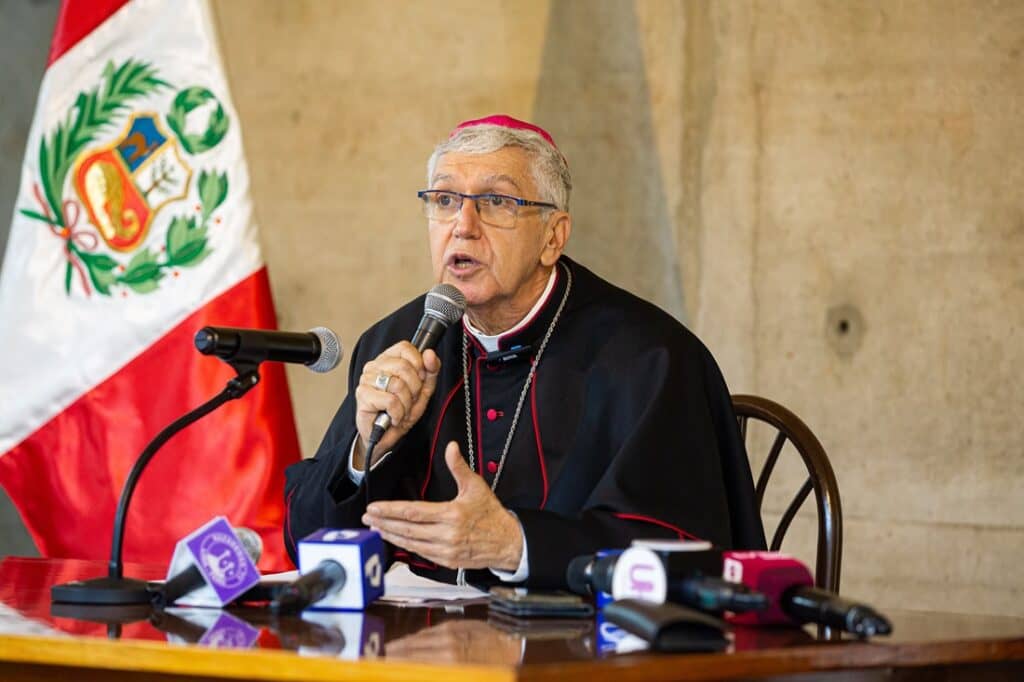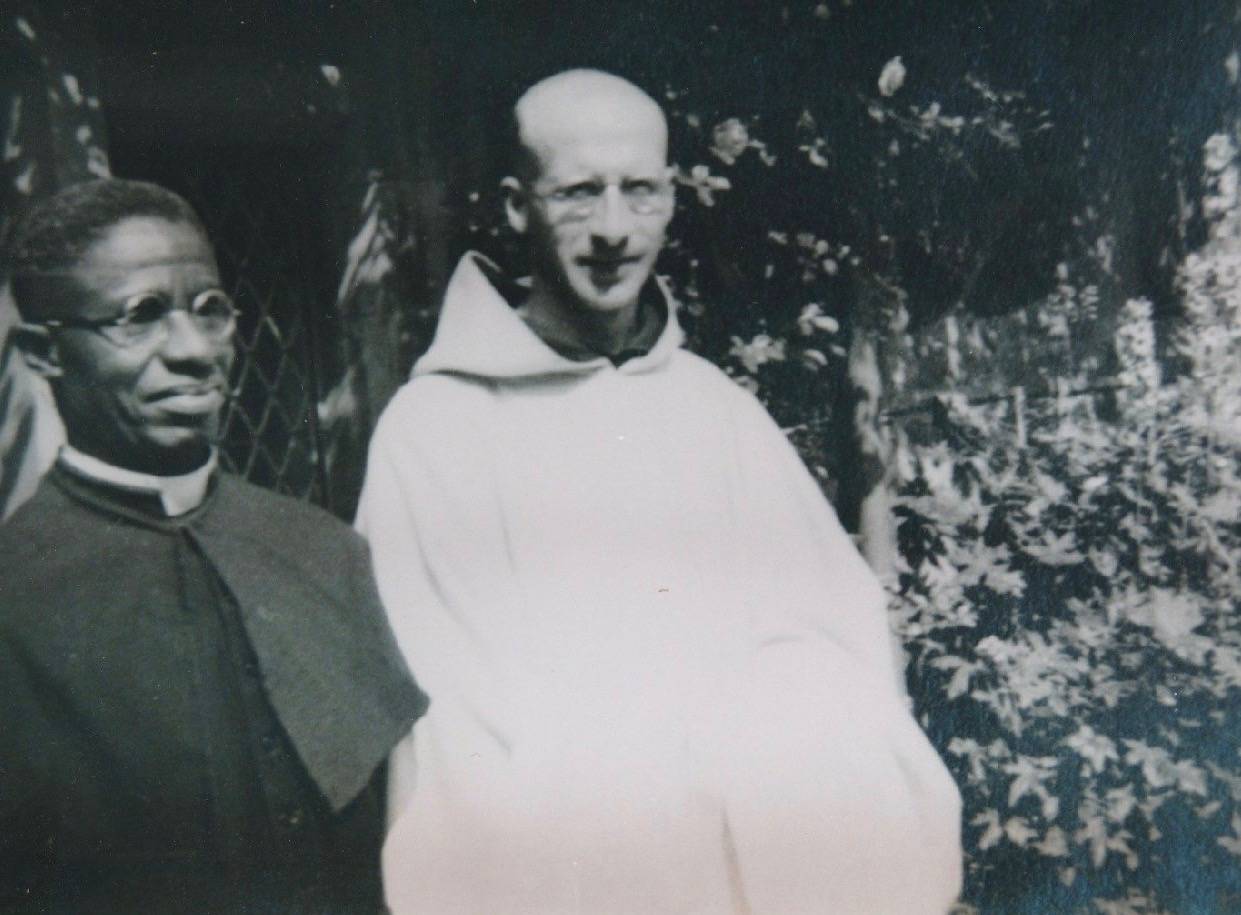ROME – Closing an ecumenical encounter with Christian leaders from the Middle East, Pope Francis on Saturday said that “truces maintained by walls and displays of power will not lead to peace,” only a concrete desire to engage in dialogue will work.
He also called for an end to the region being used for “gains that have nothing to do with the Middle East,” and demanded that Christians are treated as “full citizens.”
“With deep anguish, but with constant hope, we turn our gaze to Jerusalem, a city for all peoples, a unique and sacred city for Christians, Jews and Muslims the world over,” Francis said, calling for the status quo to be respected, as it has been decided by the international community and “repeatedly requested by the Christian communities of the Holy Land.”
The term “status quo” in the context of Jerusalem refers to an agreement among the various Christian churches of the city regulating control and access to holy sites.
According to the pontiff, only a negotiated solution between Israelis and Palestinians, which has to be “firmly willed and promoted by the international community,” will lead to lasting peace and guarantee the “coexistence of two states for two peoples.”
The pope’s words came at the closing of an ecumenical encounter he hosted in the southern Italian city of Bari, a pilgrimage site for both Catholics and Orthodox, often described as the ecumenical city par excellence. The leaders came together under the motto “Peace be upon you! Christians together for the Middle East.”
Standing next to the heads or representatives of several Orthodox churches, Oriental Orthodox churches, the Assyrian Orthodox church, members of Catholic Oriental churches, a representative for the Lutheran church, and one for the Middle East Council of Churches, Francis said that the group had committed itself to “walking, praying and working together, in the hope that the art of encounter will prevail over strategies of conflict.”

This display of unity, he said, could hopefully replace “threatening signs of power” with the “power of signs,” as it signifies men and women of different beliefs coming together, not being afraid of dialogue with one another, exchanging ideas and concerned for the good of not one but all.
“Only in this way, by ensuring that no one lacks bread and work, dignity and hope, will the cries of war turn into songs of peace,” Francis said.
The group came together, he added, as a sign of their need to pursue encounter “without being afraid of the differences.”
As the pontiff noted, Christianity was born in the Middle East, and Christians too have the right to be treated as “full citizens with equal rights.”
Earlier in the day during the actual ecumenical prayer, Francis warned that the presence of Christians in the region is at risk, and their disappearance would disfigure “the very face of the region. For a Middle East without Christians would not be the Middle East.”
During his final remarks, which came after a private encounter of the leaders in the Basilica of St. Nicholas of Bari, Francis also said that for there to be peace, those who are in power must work for true peace and not their own interests.
“Let there be an end to the few profiting from the sufferings of many!” the pontiff said. “No more occupying territories and thus tearing people apart! No more letting half-truths continue to frustrate people’s aspirations! Let there be an end to using the Middle East for gains that have nothing to do with the Middle East!”

War, he argued, is the “scourge that tragically assails this beloved region,” with the poor being the principal victims, and war itself being the “daughter of power and poverty,” hence it’s to be defeated by “renouncing the thirst for supremacy and by eradicating poverty.”
He also acknowledged that many conflicts have been stoked by forms of fundamentalism that, “under the guise of religion,” profaned God’s name, which is peace.
As he’s done before, Francis also said that it’s impossible to talk about peace while “secretly racing to stockpile new arms.”
“Let us not forget the last century. Let us not forget the lessons of Hiroshima and Nagasaki. Let us not turn the Middle East, where the Word of peace sprang up, into dark stretches of silence,” he said.
“Enough of the thirst for profit that surreptitiously exploits oil and gas fields without regard for our common home, with no scruples about the fact that the energy market now dictates the law of coexistence among peoples,” the pope said.
Francis also noted that for years, young people have mourned violent deaths in their families and have seen their native land threatened, often told that their only prospect is fleeing.
“This is the death of hope,” he said. “All too many children have spent most of their lives looking at rubble instead of schools, hearing the deafening explosion of bombs rather than the happy din of playgrounds.”
“May humanity listen – this is my plea – to the cry of children, whose mouths proclaim the glory of God,” Francis said towards the end of his remarks. “Only by wiping away their tears will the world recover its dignity.”
It was with their common concern for the children, the pope said, that the leaders soon after his remarks released several doves as a symbol of peace.







